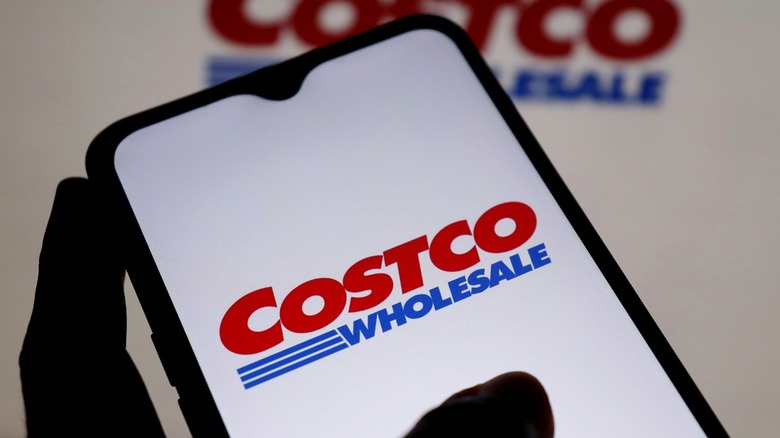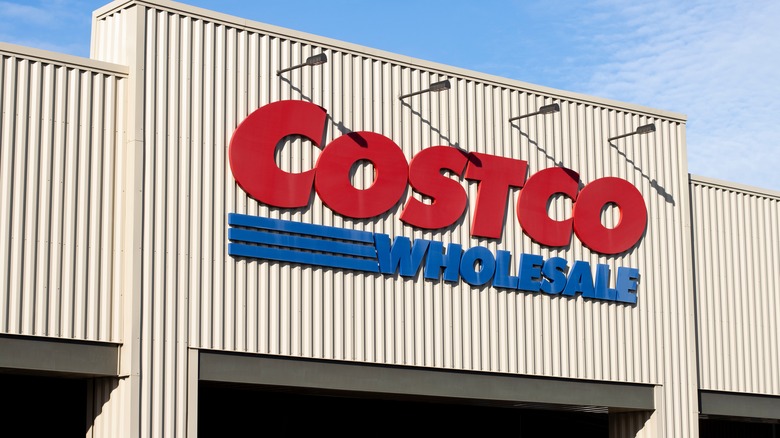If You Received This Email Claiming To Be From Costco, It's A Scam
Cybercriminals have long used email and other electronic communication as vehicles for their scams. Often, messages that are disguised as information coming from a trusted source are called phishing emails. According to Gmail Support, phishing messages often "impersonate a reputable organization, like your bank, a social media site you use, or your workplace." Criminals will try to get unsuspecting recipients to provide personal information that the scammers may use to steal money, identities, or other personal assets.
In February of 2022, scammers appeared to be targeting Costco members, offering an exclusive reward if the recipient clicks a link and answers a survey. Snopes, an online fact-checking and investigative journalism publication, discovered the attack and warned readers about what to look out for should they receive a similar message in their inbox.
The scam is also targeting T-Mobile customers, sending similar emails to both customer bases. Here's everything you need to know about the scam, including what's in the email and what to do if you receive it.
The Costco scam email includes the subject "We have been trying to reach you"
According to Snopes, the current variation of this scam is an email that appears to be from Costco with the headline "We have been trying to reach you – Please respond!" Though the email one receives could vary slightly, most include the phrase "Congratulations! You have been selected to get an exclusive reward [from Costco and T-Mobile]!" After clicking the link, victims are taken to a page that asks them to fill in a survey to receive a $100 gift card.
While Costco did not address this specific scam, these types of cyber crimes are not unusual. The store has a list of best practices for preventing fraud located on its customer service portal. "Unsolicited electronic communications from Costco do not ask for your personal information such as username, password, credit card information, birth date or Social Security number," the page reads.
Moreover, Costco has shared that all official communication from the company will come from an email that ends in "@costco.com." An email with typos, misspellings, or a sender without an official Costco email is unlikely to be legitimate. The only exception to this rule is gift cards, which are sent from the address Do-not-reply@wgiftcard.com.
If you receive an email that appears to be part of this scam, do not click on any links. The Federal Trade Commission recommends reporting and then deleting phishing emails.

